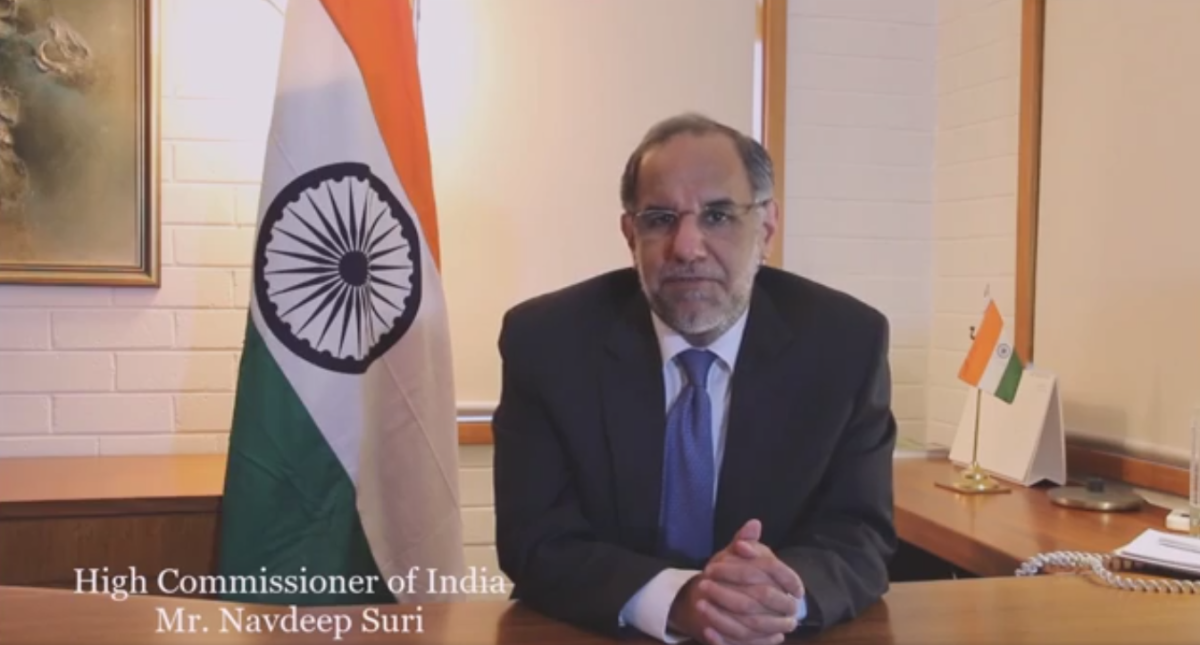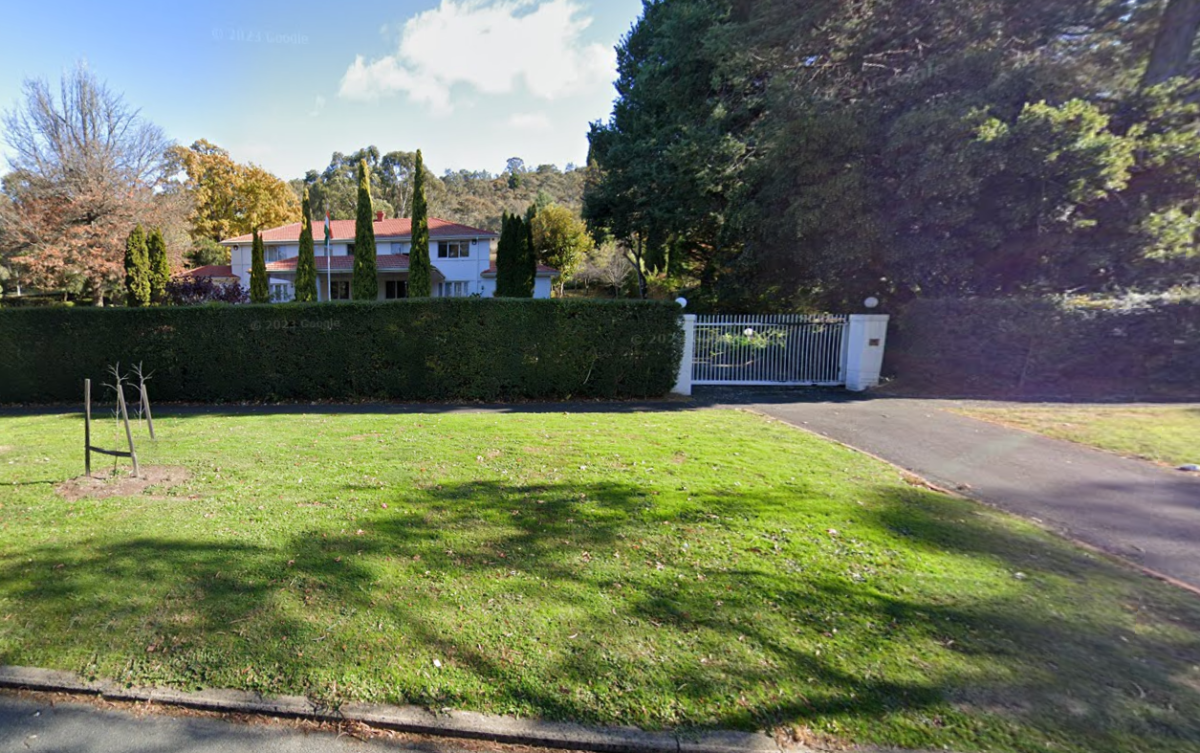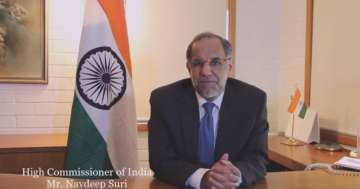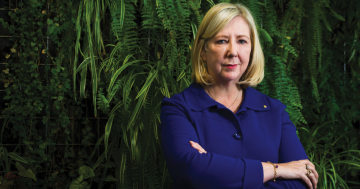
Navdeep Suri Singh was the High Commissioner for India between 2015 to 2016. Photo: Facebook.
The former High Commissioner for India, who was found to have mistreated his housekeeper with “slave-like working conditions”, has now been fined about $100,000 in addition to the unpaid wages he was ordered to pay her last year.
In November 2023, the Federal Court ordered Navdeep Suri Singh to pay Seema Shergill about $136,000 plus interest after he was found to have breached fair work laws.
She had her passport taken from her, worked 17-hour days and was only allowed to leave the house to look after his dog. Judge Elizabeth Raper said her employment conditions “involved significant breaches of Australian law”.
On Wednesday (20 March), the judge said Mr Singh must also pay Ms Shergill a pecuniary penalty of $97,200, the maximum fine possible, within 60 days.
“Ms Shergill was a member of a proportion of Australian workers who are invisible from Australian society: their work and entire existence is entrapped within domestic servitude,” Judge Raper said.
“These workers, by fear, the precarious nature of their employment arising from their visa status, their lack of language skills, complete isolation and their slave-like working conditions, are precluded from participating in our society and huddling under the cloak of our societal protections.
“Their invisibility breeds exploitation and unlawful practices.”
The judge said there was a need for the penalty to deter diplomat employers from exploiting foreign nationals who may enter Australia on domestic worker visas.
“There have been other cases before this court where applicants have complained of like conduct,” she said.
Among her findings, she found that Ms Shergill worked seven days a week for around 17.5 hours each day, with one hour off between 4 pm and 5 pm.
“Such departures from Mr Suri’s obligations to Ms Shergill are not minor – they were in every sense egregious and exploitative in their effect of depriving Ms Shergill of any semblance of a work and life divide, and must be considered to fall in the high range of seriousness,” Judge Raper said.
She said Mr Suri “deliberately” avoided his obligations under Australian law to pay Ms Shergill her entitlements, and it was without question that she was employed by him personally and not by the Indian High Commission.
The judge said he had created a documentary artifice “giving the erroneous impression” that the High Commission engaged his housekeeper in an attempt to avoid his obligations as her employer.

Seema Shergill lived and worked at Navdeep Suri Singh’s home in Red Hill. Photo: Google Maps.
Meanwhile, despite the 60 days already having passed for Mr Suri to pay Ms Shergill the $136,000 plus interest, Judge Raper said he had not complied with her order.
In fact, he had not participated in the court proceedings at all, but the judge was satisfied that he was aware of them and had chosen not to participate.
“We will now begin the process of enforcement of the judgment and penalties against Mr Suri in India,” Clayton Utz pro bono partner David Hiller said.
“We trust that Mr Suri appreciates by now that simply ignoring this case does not make it go away.”
The Clayton Utz pro bono team represented Ms Shergill, and Mr Hillard, who led the team, said the case was internationally significant.
“This case establishes that after an official has left their diplomatic post, there is no diplomatic immunity available to protect a former diplomat against Australian employment law claims by their domestic workers,” he said.
He said domestic workers in foreign diplomatic residences are perhaps Australia’s most vulnerable and least visible workers.
“Although it is hard to conceive of someone literally being trapped in a 120-hour-a-week job earning less than 60 cents an hour, we know that the former Indian High Commissioner was not a unique employer,” he said.
“Today’s penalties decision by Justice Raper puts all ambassadors and high commissioners on clear notice – you can no longer hide behind diplomatic immunity to keep someone locked up in forced labour as your servant.
“Cook your own meals and wash your own clothes, or pay someone properly to do so.”
Mr Suri was the Indian High Commissioner to Australia between 2015 and 2016. He left Australia when he ended his appointment.






















Sigh Seano, I very explicitly stated that I was talking about people travelling below the speed… View